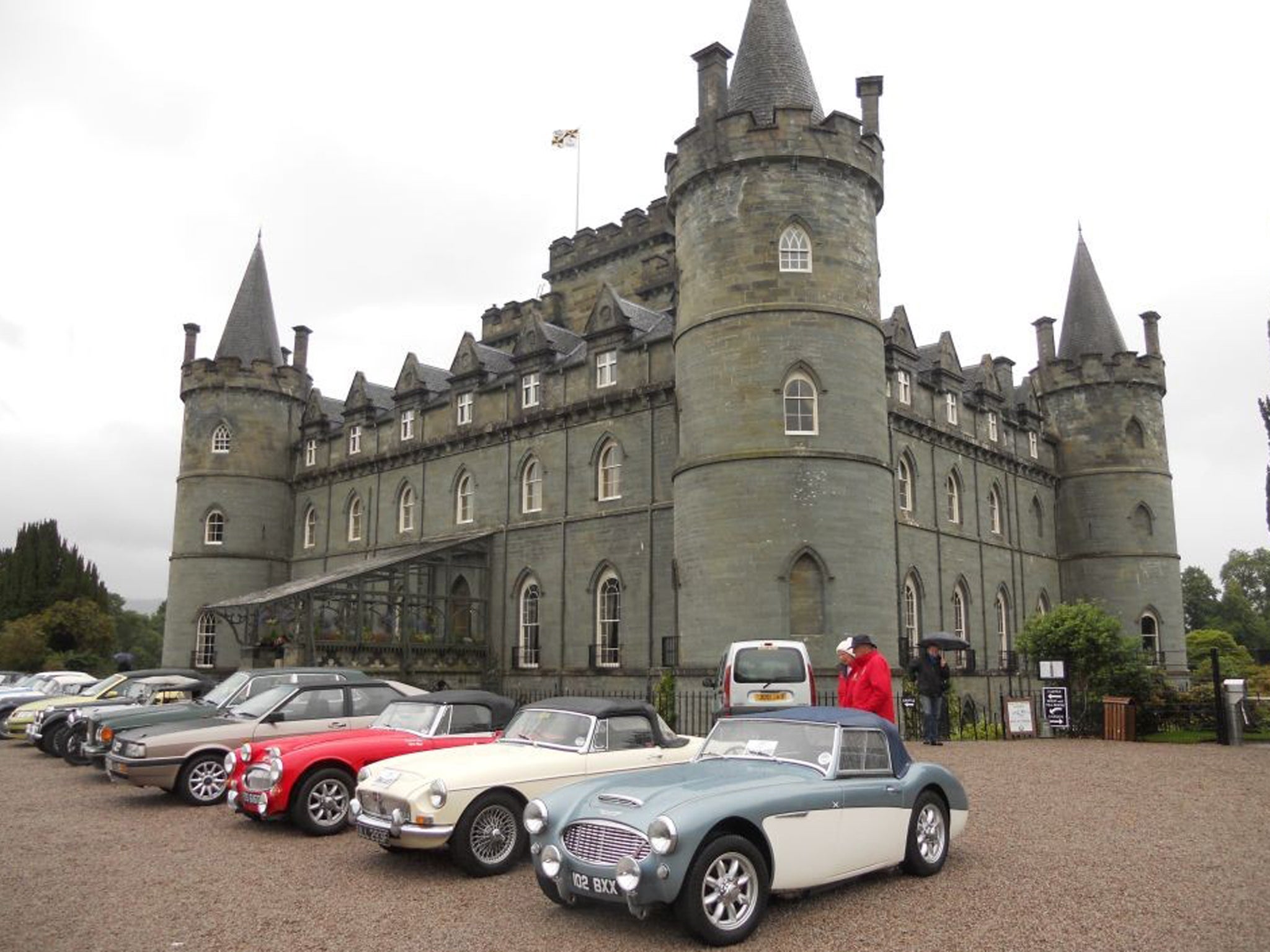Classic cars can be the route to escaping tax while motoring to soaring profits

Your support helps us to tell the story
From reproductive rights to climate change to Big Tech, The Independent is on the ground when the story is developing. Whether it's investigating the financials of Elon Musk's pro-Trump PAC or producing our latest documentary, 'The A Word', which shines a light on the American women fighting for reproductive rights, we know how important it is to parse out the facts from the messaging.
At such a critical moment in US history, we need reporters on the ground. Your donation allows us to keep sending journalists to speak to both sides of the story.
The Independent is trusted by Americans across the entire political spectrum. And unlike many other quality news outlets, we choose not to lock Americans out of our reporting and analysis with paywalls. We believe quality journalism should be available to everyone, paid for by those who can afford it.
Your support makes all the difference.Investors are turning to classic cars as they don't attract capital gains tax. With CGT charged at 28 per cent for higher-rate taxpayers, and 18 per cent otherwise, savings can be huge.
Returns can be attractive too. Property firm Knight Frank says classic car prices have soared 395 per cent in 10 years. The FTSE 100, in comparison, rose around 94 per cent over that time.
Susan Spash, partner at accountants Blick Rothenberg, said: "Classic cars are free from capital gains tax because they are categorized both as 'wasting assets' and passenger vehicles."
Wasting assets are possessions, including machinery, with a predicted life of less than 50 years. Antique clocks, pleasure boats, caravans and fine wines are all treated as wasting assets.
CGT is charged on profits on assets above £10,600 in a year. Selling a £100,000 asset, or shares, would normally mean attracting a capital gains tax charge of almost £25,000, which can be avoided if you sell a wasting asset.
Calls for CGT to be levied on cars to stop people avoiding paying tax on their profits are misguided. Why? Because if they became liable for CGT, HMRC would have to give allowances for losses. And with new cars estimated to lose half their value as soon as they're driven off the forecourt, the net loss to the Treasury would be huge.
However, anyone tempted to turn a quick profit to avoid tax needs to be aware that HMRC is watching. If it believes you're buying and selling for profit, they will regard you as a trader and demand tax on the profits.
Also the market is risky. Buying a new car in the hope that it becomes a classic can prove to be a costly mistake.
Join our commenting forum
Join thought-provoking conversations, follow other Independent readers and see their replies
Comments